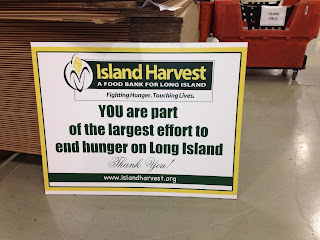Our group has begun our meetings again after a temporary summer break. But social justice issues are never far from our mind. Not only have we begun thinking about issues to explore and take action on in the remaining months of 2012 but we are also participating in becoming educated voters here in the United States.
Unfortunately we only have two major choices in the upcoming elections, which is usually the case. I say unfortunately because we, the people, should have more than two choices. I hope that one day in the elections we will see a strong third party presence; but till then, we must deal with what we have before us.
Elections shouldn't be about who is running and who isn't. Elections shouldn't be about Democrats versus Republicans or conservatives versus liberals. Elections shouldn't be about two narrow issues: abortion and gay marriage. Elections should be about ALL the issues that affect our lives, including inequality, taxes, the economy, healthcare, education, employment, and foreign policy.
So yesterday was the first presidential debate. Next week (October 11th) will be the the vice-presidential debate and a third presidential debate will be on October 16th. There will be another final presidential debate the following week. I hope you're watching. I hope you're also taking a closer look at what these candidates are presenting (the fine print) as part of their platform beyond what they say in the debates.
We need to educate ourselves and make the best choice we can for our families and our communities as well as for our fellow citizens. It is not just about the individual.....it must also be about the collective community, with social justice in mind. It is not about how the rich and the corporations will fare after the results of this election but how the poor, the working class, and the average American will fare after the results of this elections.






